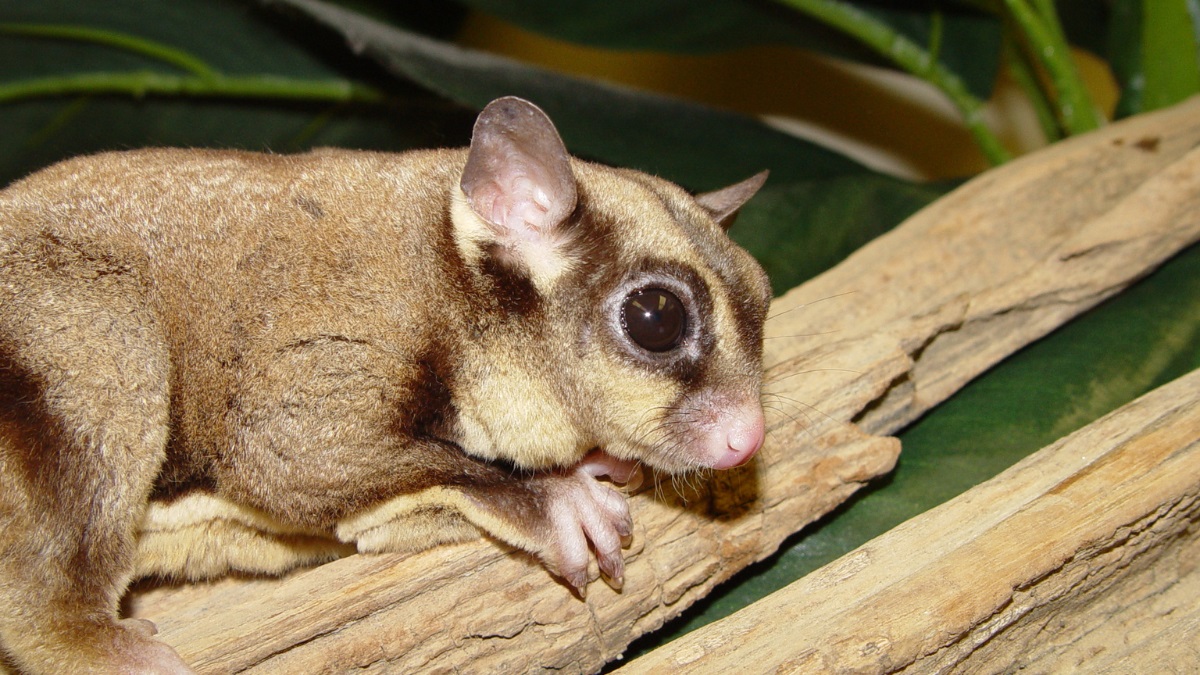The Smarter Gray Mouse Lemur
The gray mouse lemur, also known as the lesser mouse lemur, is a tiny primate that lives in the forests of Madagascar. Despite its small size, this intelligent creature is capable of solving complex problems and learning new tasks quickly. The gray mouse lemur’s intelligence may be an adaptation to its rapidly changing environment.
Table of Contents
The Gray Mouse Lemur’s Longevity
According to a recent study, gray mouse lemurs that are smarter live longer. According to the research, which was published in the journal Science Advances, animals who performed well on cognitive tests lived an average of 10.3 years, while those who performed poorly lived an average of 7.9 years.
The reason for this, according to the researchers, is that smarter people are better able to make choices that will help them survive and procreate. For instance, they might be more adept at locating food, avoiding danger, and raising their young.
In a population of wild animals, this study is the first to demonstrate a relationship between intelligence and longevity. The findings, according to the researchers, might be applicable to humans as well as other species.
How Does Longevity Affect Intelligence?
Intelligence could have a variety of effects on longevity. For instance, smarter people may be better able to learn from their errors and stay out of dangerous situations. They might also be better able to handle stress, which can harm one’s health.
Additionally, smarter people might be more likely to practice healthy habits like eating a balanced diet and working out frequently. Additionally, they might be more inclined to get preventive medical care.
The Study
Researchers from the German Primate Center in Göttingen carried out the study. The study focused on a group of gray mouse lemurs found in Madagascar’s tropical forests.
The researchers used a range of cognitive tasks, including object retrieval, detour reaching, and reversal learning, to assess the mouse lemurs’ intelligence. They measured the animals’ weight and exploratory behavior in addition.
The scientists discovered that the heaviest and most explorative animals also performed the best on cognitive tests. These creatures also had the longest lifespans.
The Implications
The results of this study imply that longevity may be significantly influenced by intelligence. This is a significant discovery because it may open up new avenues for enhancing human health and longevity.
We might be able to create interventions that can help people improve their cognitive function and live longer, for instance, if we can pinpoint the cognitive traits that are linked to longevity.
Conclusion
The study of gray mouse lemurs has demonstrated that longevity is significantly influenced by intelligence. This discovery is significant because it may open up new avenues for enhancing human health and longevity.
Additional investigation is required to verify these results and pinpoint the precise cognitive traits that are linked to longevity. However, a promising place to start for this investigation is the study of gray mouse lemurs.
FAQs (Frequently Asked Questions)
- Can gray mouse lemurs really teach us how to live longer? Absolutely! Gray mouse lemurs possess remarkable traits and habits that can inspire us to adopt healthier lifestyle choices, leading to improved longevity.
- How can I incorporate cognitive stimulation into my daily life? Engaging in activities such as puzzles, reading, learning new skills, and pursuing creative endeavors can provide cognitive stimulation and promote long-term brain health.
- Can stress really affect our overall health and lifespan? Yes, chronic stress has been linked to a range of health issues, including cardiovascular disease, weakened immune function, and accelerated aging. Effective stress management is essential for promoting longevity.
“ These results suggest that being either smart or exhibiting good physical condition and exploratory behavior are likely to be different strategies that can lead to a longer lifespan. In future studies, we aim to investigate how cognitive abilities translate into behavioral strategies to find food or mating partner.”
Claudia Fichtel, first author of the study and scientist at the German Primate Center
